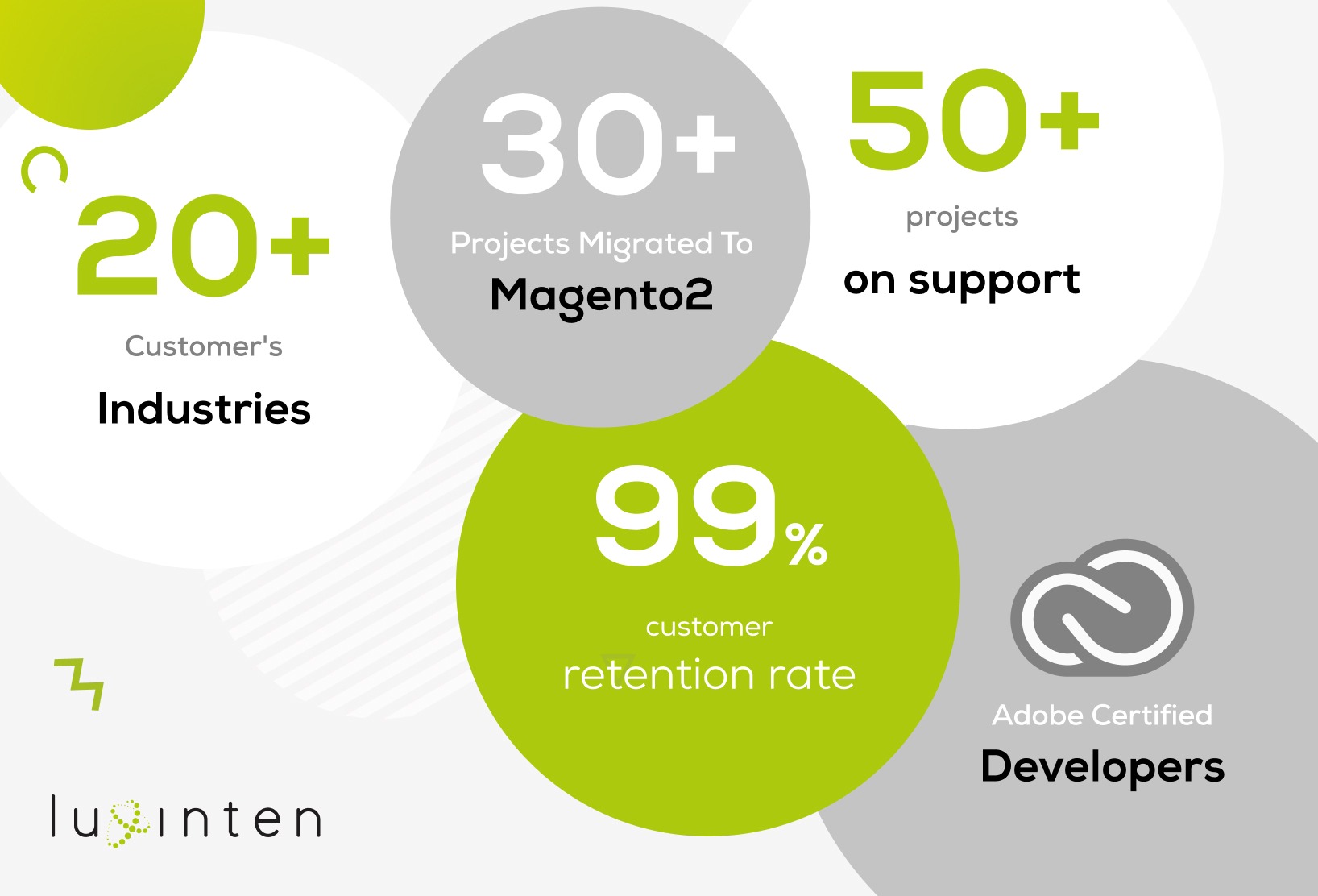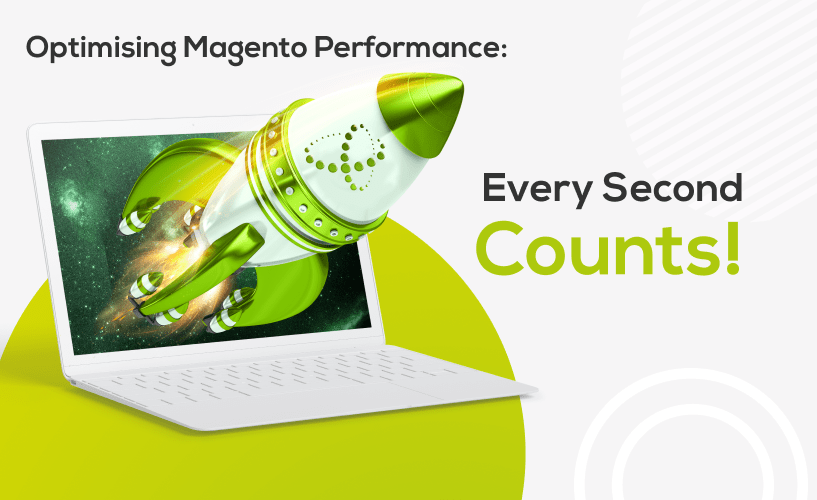
A slow website creates frustrated users and reduces the likelihood they will return. A fast website, on the other hand, provides a better experience and increases customer return rates. A speedy website also boosts conversions and bolsters SEO.
So how do we achieve a faster website? There are numerous performance testing and optimisation tools designed to identify problems and increase your webspeed.
At Luxinten, QA engineers regularly test the speed of our clients’ websites and analyze these results with developers in order to make improvements. Our tests also measure each website's load time, a leading factor in determining how long visitors will stay on a site.
Website Speed: A Few Basic Concepts
Website speed optimization is a continuous process, not an occasional task. In fact, you should make optimisation an integral part of your corporate culture. Small, consistent optimizations can massively improve user experience, resulting in more revenue and improved customer loyalty.
Big Load Times
One crucial aspect of website optimization is load speed. Measuring the time to first byte is guaranteed to reveal any issues with server response time. If there is such a problem, a CDN (Content Delivery Network) will usually resolve the issue.
Render-blocking Code
Another factor that impacts website speed is the code and how it is being loaded. Javascript, CSS or any other type of code that blocks the rendering of the current webpage will directly impact the user’s experience.
HTTP Requests
If there are significant pauses on your website, something is probably making a lot of requests and slowing things down. That could be a third-party service like Facebook or Google or even an ad network. The best way to find out is to use the Performance tab in Chrome Dev tools, or its equivalent in Firefox.
Website Speed Test Tools
Performance testing can be a confusing endeavor, especially for beginners. There are many testing tools of different design and quality. Let’s take a look at the main tools we use to test performance.
Google PageSpeed Insights

Google PageSpeed is a free website speed testing tool from Google. It’s one of the most well-known tools for checking how quickly a website loads, as well as its overall performance. Google Page Speed Insights generates a score ranging from 0 to 100, with higher scores indicating better performance.
The test results from PageSpeed Insights show how mobile your site is and how fast it loads. If your site is performing poorly, the tool will also provide recommendations for improving request timing and reducing image size.
What we like: Google PageSpeed is a simple yet powerful tool that provides actionable steps to improve user experience. It gives clear explanations for the scores it assigns to your website and shows how to improve its performance.
WebPageTest

WebPageTest is a free speed testing tool with more advanced data and insights than most other free tools offer. Test your website speed across various browsers, devices, and locations and this tool will still generate reports and insights to identify issues and improve website speed.
WebPageTest provides the most comprehensive testing solution on the market and is used by many of the world's leading companies. It offers advanced tests including multi-step transactions, video capture, content blocking, comparison of first versus repeat view, changes in connection speed and much more. The waterfall charts and resource loading reports provide a wealth of information regarding improvements that can be made across your site.
What we like: WebPageTest delivers a ton of data, including an in-depth comparative look at each step of the webpage loading process and how each element loads on your site.
Pingdom

Pingdom is easy to use and provides a quick overview of the most important performance factors for a website. Like Google PageSpeed Insights, it scores your website from 0-100 and explains its results with clarity and concision.
You can use this performance data to compare how well your site performed against previous tests, identify any improvements and keep track of how you perform over time.
What we like: Pingdom provides easy and actionable insights into the load time, speed and responsiveness of your site, focusing on areas that need attention.
GTmetrix
GTmetrix is one of the best-known speed analysis tools and arguably the most comprehensive. It is a great alternative to Pingdom and offers many similar features with slightly different functionality. The results page contains a quick breakdown of the specific desktop, mobile and speed tests plus overall performance.
The waterfall chart gives a visual overview of all the resources that took time to load during the test. This tool also offers a useful summary report with further suggestions for improving page load speed.
What we like: GTmetrix offers a fast and flexible way to view load time and resource tracking.
Our Last Word? Faster is Definitely Better
We hope you now appreciate the importance of website speed and regular performance testing. To run any successful e-commerce business, you need a fast and reliable site that turns casual visitors into loyal customers. Moreover, a fast website with high-quality performance metrics will give you a much better SEO ranking than a slow one with poor metrics.
Do you have doubt that you need to track the web speed regularly? Any new implementations, banners or products on the website - or even changes in how google tracks performance - can influence the data. The faster you identify the issue, the easier it is to understand and rectify it.
Using the testing tools described above, you can not only pinpoint any performance problems but also get optimal solutions. Even better, these powerful tools are all free to use.
Why Not Try a Technical Audit?
Want to see how your own website is performing? As Magento specialists, Luxinten are well-versed in all aspects of webstore testing and development. For a complete technical audit of your current website, contact us today.

Some Key Luxinten Statistics:
- 50+ projects with annual support
- 30+ successful full Magento 2 migrations
- 250+ solutions implemented on Magento
- 99% customer retention rate
- Adobe Certified Experts
If you want to know more about any of our services, please contact us.







Add comment...
Comments